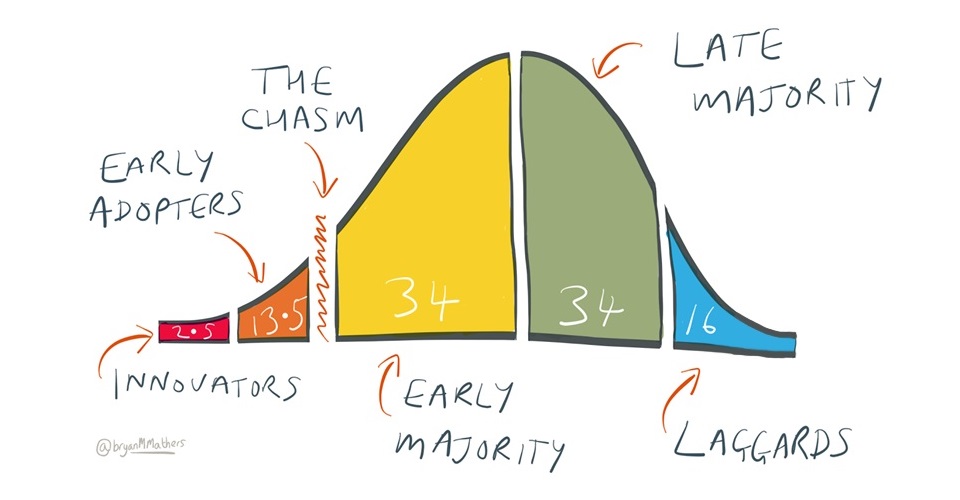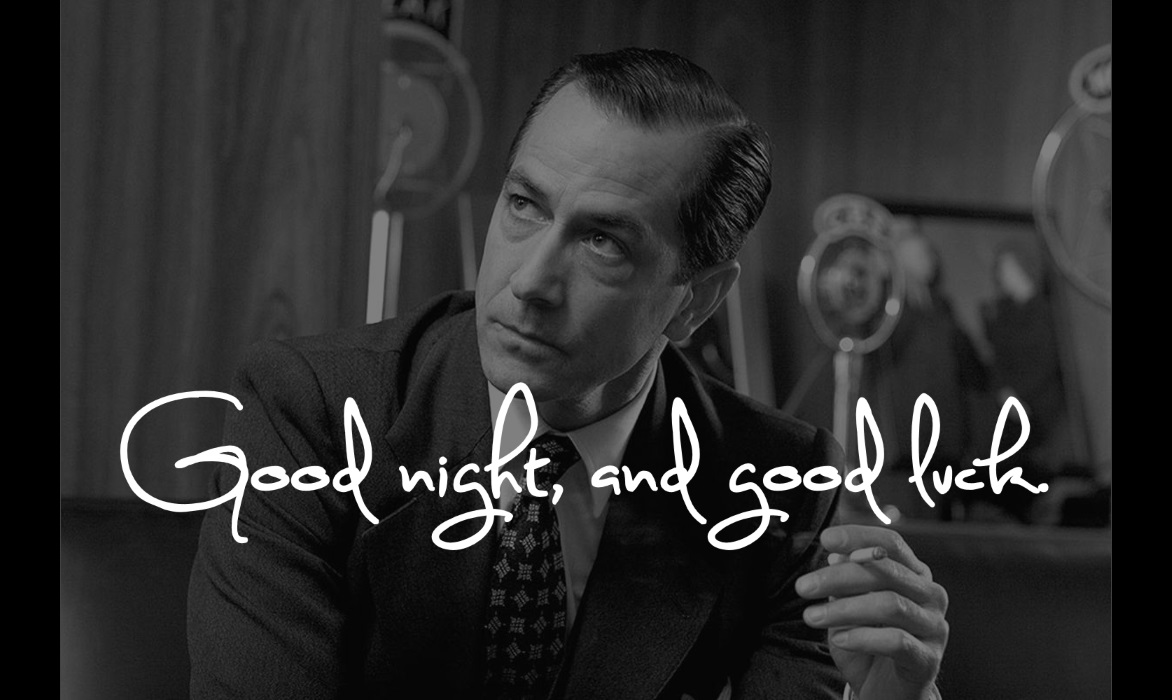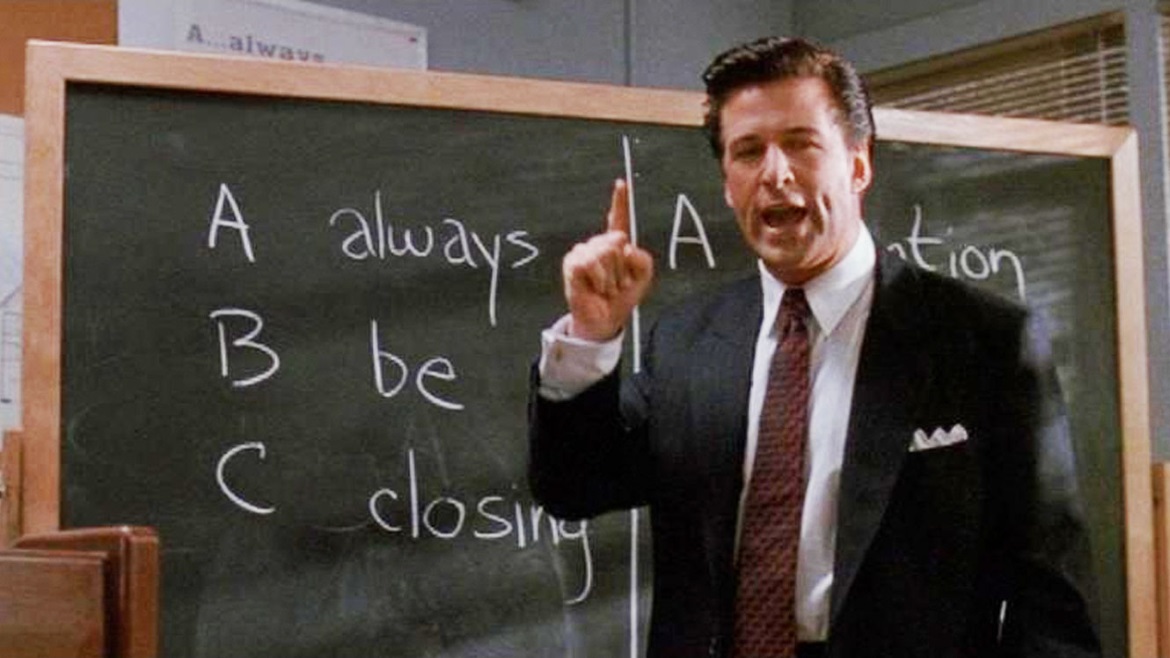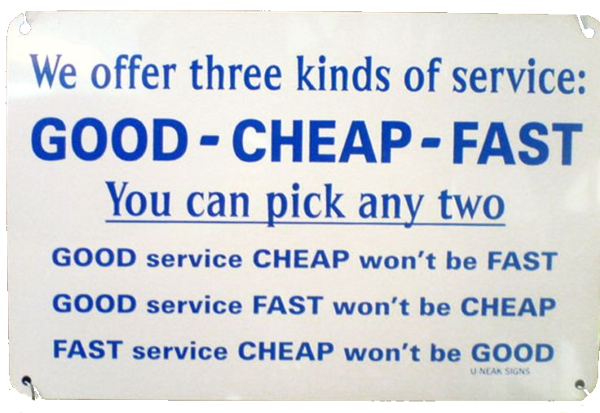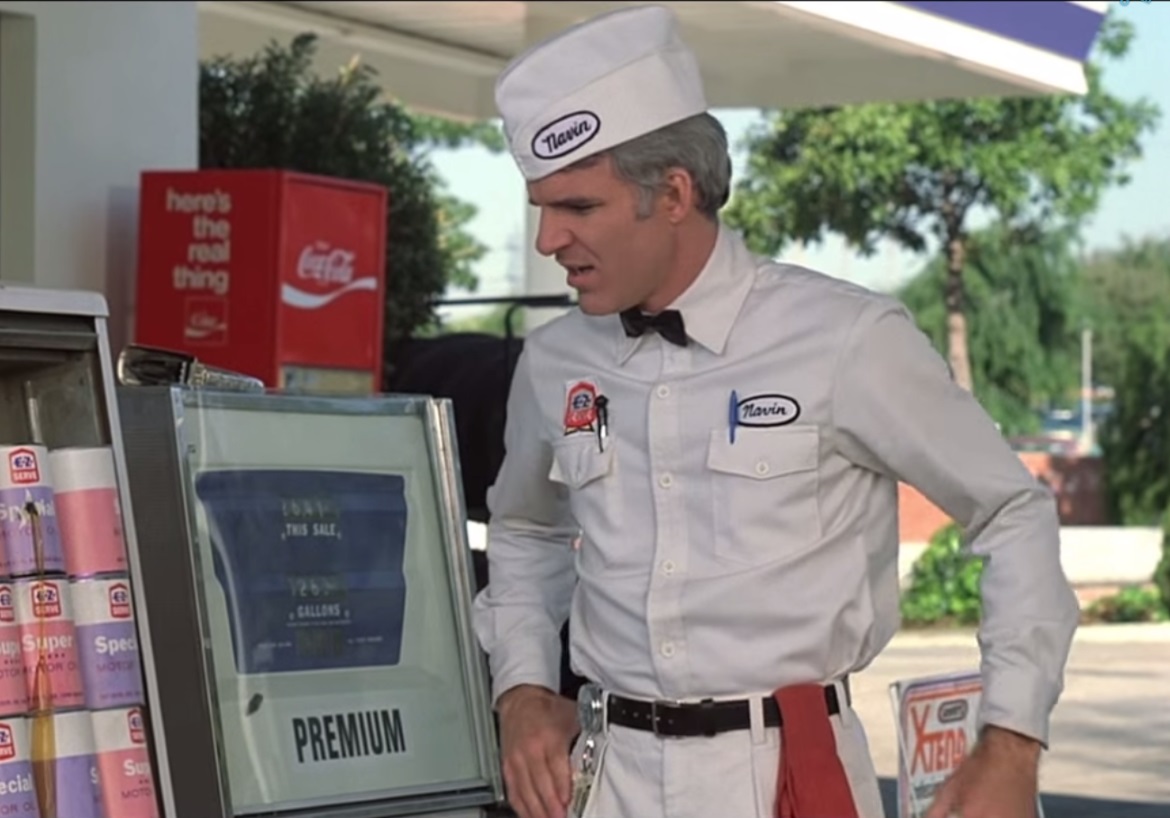 /wp-content/uploads/2017/05/cash-1170.jpg
585
1170
hbaumhardt
/wp-content/uploads/2017/02/HJB-Logo-blue-340.png
hbaumhardt2017-05-18 12:00:022023-10-24 13:00:37Starting something is easy, the first 10 paying customers are tough
/wp-content/uploads/2017/05/cash-1170.jpg
585
1170
hbaumhardt
/wp-content/uploads/2017/02/HJB-Logo-blue-340.png
hbaumhardt2017-05-18 12:00:022023-10-24 13:00:37Starting something is easy, the first 10 paying customers are toughWhere are we heading and what’s my contribution to that journey ?
is the fundamental question I have asked myself in each of my roles and assignments over 25 years.
Whether you call it leadership or management, people-performance must start with clear direction. I have experienced many and varied situations from laser focus clarity to totally opaque frustration in this.
Finding myself on assignments where my boss can’t describe what we need to achieve to be successful leaves me feeling like a clown trying to describe performance objectives to my team, department or group.
My first career was as a professional aviator; totally dependent on operational discipline and management clarity to survive. After some years of the whack-a-mole approach to business management, I adopted 3 themes from air operations as metaphors to help describe and manage ambiguity up and down the chain:
(1) What is the destination (objectives) ? Not being clear on which airport you’re heading for is like not being clear on your corporate mission objectives; it’s going to be tough landing safely in the right place.
This may not be the corporate, division or unit objective, it is the leg of the journey for which you are personally responsible and measured against as pilot-in-command (naturally that’s 100% aligned to larger objectives).
If I can’t answer the “what do I need to do to be successful” question in specific measurable outcomes, my crew and passengers are in trouble.
(2) What is the flight plan (KPI/milestones) ? From where we are today, how do I propose to get to the destination and how can I measure if I’m on or off track before I run out of fuel.
I need a plan and a performance management system that tells me if I’m on track, over-performing, or at risk and soon to need help. I need this on demand so I can manage it when uncertain, without having to ask my manager “am I doing OK ?“ or just waiting on their grace & favour.
Clear outcomes-based plans allow performance measures to switch from demeaning time & motion inputs to celebratory outcomes. Hurrah !
(3) Who to call in emergencies (management air-cover) ? When things are going wrong I may need to phone a friend for help.
If no real support is available, most citizens will run away from corporate fires rather than towards them, so a manager that doesn’t facilitate is of little use when taking on big bold challenges.
This isn’t an open invitation to rock up and vomit problems on a management desk and expect a clean-up, but a commitment that if there is a real outside context problem, help will be a priority.
With clear objectives, plan and air-cover I’ll offer (and expect) a high probability of successful outcomes.
Without them, hope is my co-pilot
Hans Baumhardt CPT(r)
First published by the author on LinkedIn






